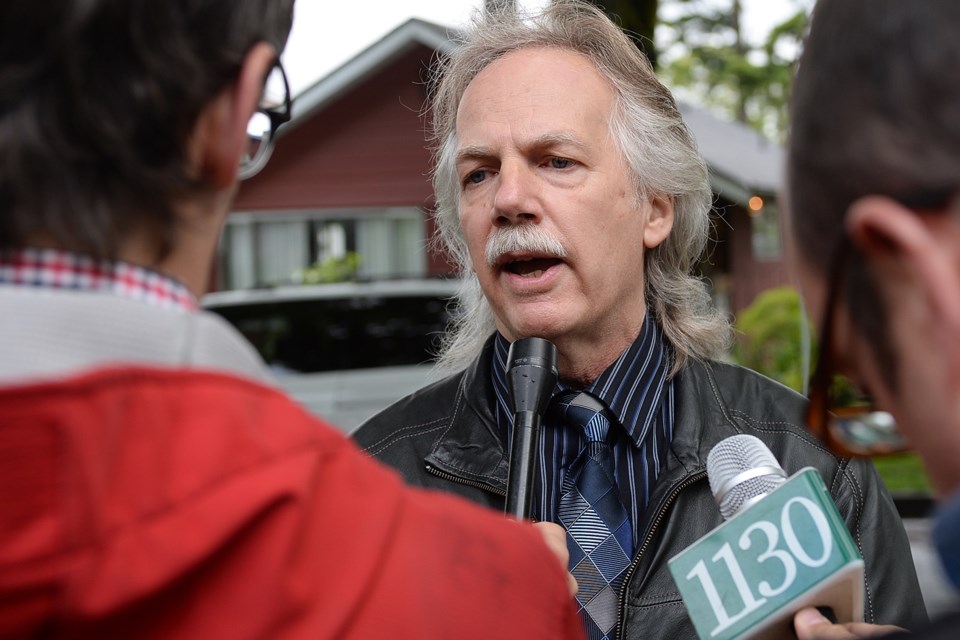The teachers’ union will ask teachers to end the strike if the government and the B.C. Public Schools Employer’s Association agree to binding arbitration.
“It’s the fastest and most fair option that will see schools open and our kids back in the classroom,” said B.C. Teachers’ Federation president Jim Iker Friday morning.
The BCTF proposes to send matters of compensation, benefits and preparation time to binding arbitration. Compensation includes salaries and a potential signing bonus.
Iker says the BCTF will leave matters related to class size and composition before the courts. The teachers’ union still wants the government and BCPSEA to strike the E80 proposal that would supersede a Court of Appeal decision.
The B.C. Supreme Court has twice ruled the government illegally stripped language about class size and composition from teachers’ contracts. The case is now at the Court of Appeal.
Premier Christy Clark called for teachers to end the strike at a press conference Wednesday. She said classroom composition is the most important issue so the BCTF should agree with BCPSEA proposal on wages and benefits so negotiations can focus on this most important concern.
She said government would deal with the court decision when it’s made, but she didn’t want to wait to improve class composition until then, when asked whether government would strike the E80 proposal.
The government has tabled $375 million over five years to improve classroom composition.
But Iker has said $75 million a year isn’t new money and isn’t adequate to improve problems that have intensified each year since 2002, when language about class size and composition was stripped from the teachers’ contract. He has noted $15 million of the $75 million will go to CUPE workers, such as special education assistants, instead of teachers.
The BCTF dropped limits related to class size and composition in June in favour of two funds. It proposed $175 million for the first year, a stable $225 million thereafter to improve classroom learning, with local boards and unions to decide how the money would be spent.
The BCTF also proposed a $100-million fund to deal with grievances that could flow from court decisions. Iker said the fund would be akin to how the government settled with the Hospital Employees Union for $75 million in 2008.
The BCTF said negotiations about a fund to address class size and composition could occur concurrently with binding arbitration.
crossi@vancourier.com
twitter.com/Cheryl_Rossi



